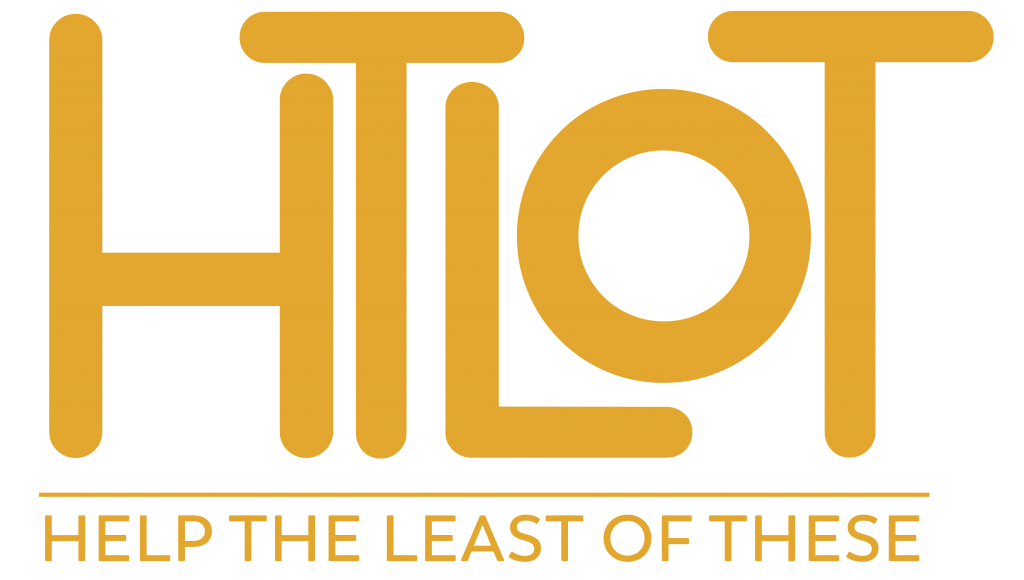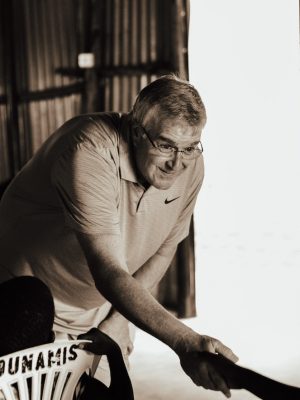The King will reply, "I tell you the truth, whatever you did for one of the least of these brothers of mine, you did for me.” Matthew 25:40
We facilitate pastoral and leader training, build churches, implement and invest in self-sustainability projects for ministries, partner with orphan and foster care organizations, provide community awareness for special needs, organize mission trips, and more.
We incubate developing Christian Ministries which allows an umbrella for their non-profit tax status. Please look through our website to learn more about our ministry partners, mission, and vision


